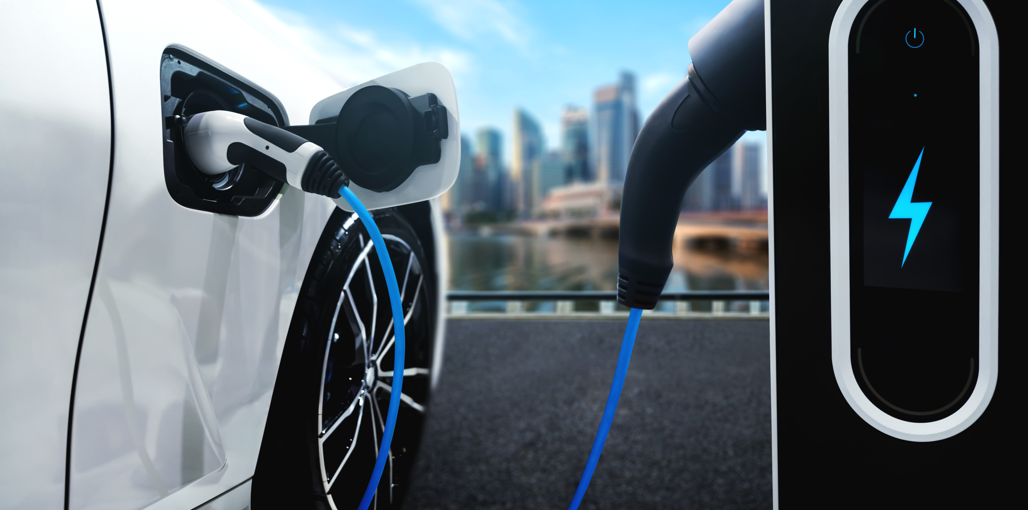
China’s pending export controls on gallium have forced automakers to question their ongoing use of the metal “which had been seen as a game changer for electric vehicles”, Reuters reported.
Compounds of gallium have become highly sought after for semiconductors because gallium nitride enhances EV efficiency and reduces weight, leading to cost reductions. It is also cheaper than other semiconductor materials like platinum or palladium.

Discover B2B Marketing That Performs
Combine business intelligence and editorial excellence to reach engaged professionals across 36 leading media platforms.
Gallium nitride possesses the ability to handle significant power without generating excess heat.
This characteristic is therefore especially useful for EV on board chargers and for inverters that regulate the flow of electricity to and from the battery pack.
80% of gallium production takes place in China, according to the Critical Raw Materials Alliance (CRMA).
Umesh Mishra, co-founder of Transphorm, a California-based company specialising in gallium nitride chips, described gallium nitride as a “huge game multiplier”.
Transphorm uses ultra thin layers of gallium nitride, measuring just one thousandth of a millimetre, on its semiconductors. Mishra said this technology enabled faster charging within a small footprint or achieving the same charging rate in a much smaller space.
However, China’s recent decision to impose export controls on gallium, along with germanium, starting next month has raised concerns.
This move could prompt automakers, who are currently in the early stages of developing EVs, to consider alternatives like silicon carbide.
Although gallium nitride outperforms silicon carbide by approximately 30%, the risk of supply chain disruption might steer automakers towards the latter.
“If you are already banking on gallium nitride and designing it into your platform, then you’re in trouble,” said Alastair Neill from the Critical Minerals Institute.
According to Reuters, some believe finding a suitable alternative to gallium nitride would be a time consuming process.
The future of gallium in the EV industry remained uncertain, leaving automakers with critical decisions to make regarding future semiconductor materials.




